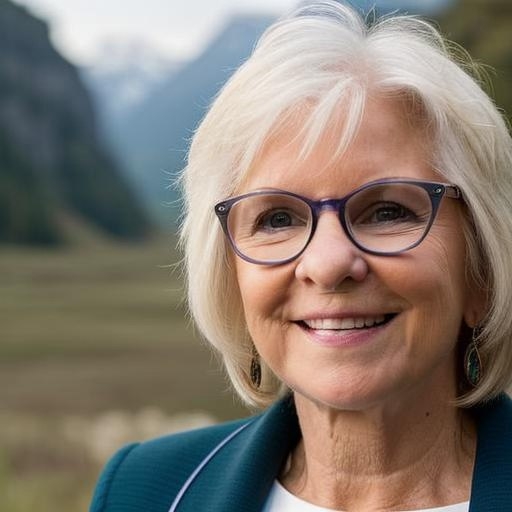
How Humor Helped Me Connect and Recover from Cancer, Twice
By Ann Bancroft
Humor is not the first place you go when diagnosed with a serious illness, but it is the place that kept me present and feeling connected through two bouts of breast cancer. Humor and intentional connection with others during cancer treatment and beyond provided the scaffolding for my debut novel, Almost Family, in which humor and dying coincide.
Humor keeps us present, grounded in the moment, and connects us to others. When first diagnosed, “cancer” became the wallpaper of my life; the “I have cancer” mantra repeating incessantly in my head. The other sense that immediately descended was one of isolation —everyone was being kind, but it seemed as if nobody “gets it.”
It took awhile, through surgeries, months of chemo infusions and radiation treatments, but once I accepted my reality, I was able to reclaim humor in my days, and to connect with other patients, if only briefly, in a deeply profound way.
In the radiation waiting room, I sat next to a woman also dressed in thin hospital gown, also bald and recovering from breast surgery. We laughed at the absurdity of passing every day by the vivid sign warning us we were entering the “radiation zone” — after all, radiation may cause cancer! We laughed at our cancer headgear — hers a pair of pantyhose with legs tied atop her head in a kind of nylon chignon. Bravo, I said. I had on a crooked wig that stuck out at the sides. We laughed at her description of her husband’s failed attempts at cooking elaborate meals, and we laughed at the well-meaning but completely inappropriate things people had said or sent to us. The humor kept us present, the connection kept us grounded. In the awareness that we were not alone, we gained confidence that we would get through.
“You know how, when you’re lying on the table for a CT or radiationm they always have a poster on the ceiling you can look at to calm you down? Deer in a meadow of wildflowers, that sort of thing,” I said. She nodded.
“What if instead, they had a poster of a car crash – someone’s bleeding hand sticking out from under the tire or something?” I instantly regretted sharing this macabre vision — surely only I would find the satirical poster-swap idea amusing —but she got it right away.
“Ha! We’d think, ‘now THERE’s someone with a problem worse than mine!”
Exactly, I said. I felt bonded to this woman in a deeply profound way.
About 18 months after my hair had grown back and I was back in better shape than before my diagnosis, I had given myself permission to retire early from a fulltime job and spend more time outdoors, strengthening my relationships. I began learning to write fiction for the first time in a lifetime of writing mostly news stories. I wanted to tell stories in my own voice and create characters from my imagination. It was a challenging but deeply satisfying project.
At the same time, I began mentoring breast cancer patients, hearing their stories, accompanying them on the path I’d already traveled, giving them hope with my healthy presence alone. These women were people I’d never have met otherwise, and yet we grew close in this unique way.
The novel I was writing grew to be about such connections, and about how they helped three people with metastatic cancer become more open, heal family rifts and find peace and acceptance at the end of their lives. The story is filled with dark humor, and I’m thrilled when readers tell me they laughed many times while reading it, but also cried. Writing about dying isn’t easy; convincing readers that the story will make them laugh is even harder.
But writing these stories helped me put my cancer in perspective, helped me banish fears and face mortality with a sense of acceptance and peace. Thirteen years after my first diagnosis, another malignant tumor was found on my breast. This time called for a mastectomy, reconstruction surgery, more rounds of chemo, more ridiculous headwear. Because of what I’d learned the first time around, both through my own treatment and following the treatment of others, I came through with a sense of calm acceptance. I had no fear of mortality – I get it in my bones that we are all mortal.
And yet our culture has such difficulty addressing the reality of death. I wanted to write something that would make the hard topics of cancer and dying easier to navigate, discuss and understand. Humor was the way —I can’t help myself but see the absurdity in things, so humor infuses my book. Treatment was smack in the middle of the pandemic – a good time to pull my story out of the drawer and give myself what amounted to a graduate course in revisions. I decided I would publish with She Writes Press, a supportive, all-women publisher of women’s works. I knew that if I didn’t get off the stick and publish, I might not ever see the day it comes out in print. I am now 71, and my book will debut in six weeks. I’m excited to bring into the world the characters I’ve lived with for so long and grew to love, as I did my sister survivors; people with whom I have brief but real connections; the family I have and the family I chose.
**********
For more information, please visit https://annbancroftauthor.com/